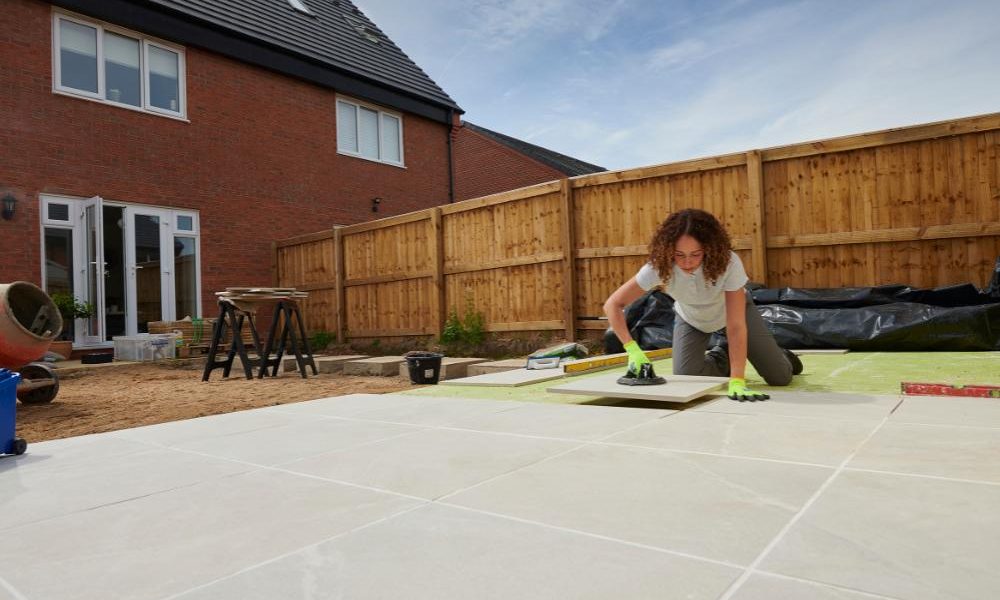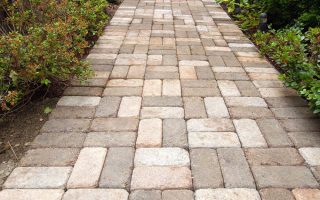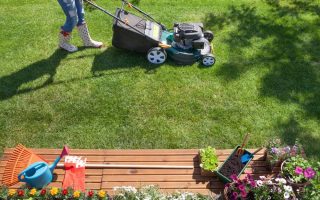Creating your own patio can be a rewarding DIY project that enhances your outdoor living space, adds value to your home, and provides a perfect spot for relaxation and entertainment. While it might seem daunting at first, with the right planning, tools, and a bit of elbow grease, you can build a beautiful patio yourself. Here’s a comprehensive guide to help you get started.
Why Build Your Own Patio?
Personal Experience
When my family and I decided to build our own patio, we were initially overwhelmed by the task. However, the satisfaction of seeing our vision come to life was priceless. Not only did we save money, but we also created a unique space tailored to our needs. The weekend barbecues and quiet morning coffees on our self-made patio made the effort worthwhile.
Benefits
- Cost Savings: Building your own patio can be significantly cheaper than hiring professionals.
- Customization: You can tailor the design to fit your specific needs and preferences.
- Skill Development: You’ll learn valuable skills and gain a sense of accomplishment.
As Danny Lipford, a home improvement expert, says, “Building a patio yourself is a rewarding DIY project that can add significant value to your home and create an outdoor space for relaxation and entertainment.” (Source: Today’s Homeowner with Danny Lipford)
Step-by-Step Guide to Building a DIY Patio
Step 1: Planning and Design
Define the Purpose
Before you begin, decide how you will use your patio. Will it be for dining, lounging, or both? Knowing its primary function will help you determine the size and layout.
Choose the Location
Select a location that is easily accessible from your home and offers a good view. Consider sun exposure and proximity to utilities like water and electricity.
Design Your Patio
Sketch out your design on paper or use a design software. Include features like seating areas, planters, and pathways. As Ahmed Hassan, a landscape architect, advises, “Don’t limit yourself to a traditional square or rectangular patio. Get creative with the shape and layout to create a unique and interesting space that complements your home and garden.” (Source: Crafting A Garden Website)
Step 2: Gather Materials and Tools
Materials
- Pavers or Concrete Slabs: Choose the type of material based on your design and budget.
- Sand and Gravel: For creating a stable base.
- Edging Material: To keep the pavers in place.
- Landscape Fabric: To prevent weeds.
Tools
- Shovel and Rake: For digging and leveling.
- Tamping Tool: To compact the base.
- Level: To ensure a flat surface.
- Rubber Mallet: To set the pavers in place.
- Measuring Tape: To measure distances accurately.
- String and Stakes: To mark the layout.
Step 3: Prepare the Site
Mark the Area
Use string and stakes to outline the perimeter of your patio. Make sure the lines are straight and corners are square.
Excavate
Dig out the area to a depth of about 6-8 inches. This includes the depth of the pavers and the base material. Remove any grass, roots, and debris.
Add Base Material
Fill the excavated area with a 4-6 inch layer of gravel. Use a tamping tool to compact the gravel until it is firm and level. Add a layer of sand on top, about 1-2 inches thick, and level it with a rake.
Step 4: Lay the Pavers
Start Laying Pavers
Begin laying the pavers from one corner, working your way across the patio. Place each paver flat on the sand, and use a rubber mallet to tap it into place.
Check for Level
Periodically check the pavers with a level to ensure they are even. Adjust the sand base as needed.
Cut Pavers
You may need to cut some pavers to fit around edges or curves. Use a masonry saw or chisel for precise cuts.
Step 5: Finish the Edges
Install Edging
Install edging around the perimeter of the patio to keep the pavers in place. Secure it with spikes or stakes.
Add Joint Sand
Sweep sand into the joints between the pavers. This helps lock them in place and prevents weeds from growing.
Step 6: Compact and Seal
Compact the Pavers
Use a plate compactor to press the pavers into the sand base. This ensures they are firmly set.
Seal the Surface
Apply a sealant to protect the pavers from stains and weather damage. This also enhances the color and appearance of your patio.
Maintenance Tips
Regular Cleaning
Sweep the patio regularly to remove dirt and debris. Use a hose or pressure washer to clean the surface as needed.
Weed Control
Apply a weed preventer in the joints to keep weeds from growing. Reapply sand or joint compound as needed to maintain the stability of the pavers.
Sealant Reapplication
Reapply sealant every few years to maintain the protection and appearance of your patio.
Personal Insight
One thing we learned from our DIY patio project is the importance of regular maintenance. A little effort goes a long way in keeping the patio looking fresh and prolonging its life. We make it a family activity to clean and inspect the patio every season, ensuring it remains a beautiful and functional space.
Expert Tips for Success
Get the Right Permits
“Before you start building your patio, it’s essential to check local building codes and obtain any necessary permits. This will ensure that your project is compliant and safe,” says Matt Blashaw, a contractor and TV host. (Source: DIY Network)
Plan and Prepare
“The key to a successful DIY patio project is careful planning and preparation. Take the time to map out your design, choose the right materials, and gather all the necessary tools before you begin,” advises Jason Cameron, a contractor and TV host. (Source: Man Caves)
Be Creative
Sarah Listi, a DIY expert and blogger, encourages creativity: “Building a DIY patio is a great way to save money and add a personal touch to your outdoor space. With a little bit of effort and creativity, you can create a beautiful patio that you’ll enjoy for years to come.” (Source: Sarah Hearts Blog)
Conclusion
Building a DIY patio is a fulfilling project that enhances your home’s outdoor space and adds value to your property. By following these steps and incorporating expert tips, you can create a beautiful, functional patio that reflects your style and meets your needs.
So gather your tools, plan your design, and get started on creating the patio of your dreams. Happy building!




